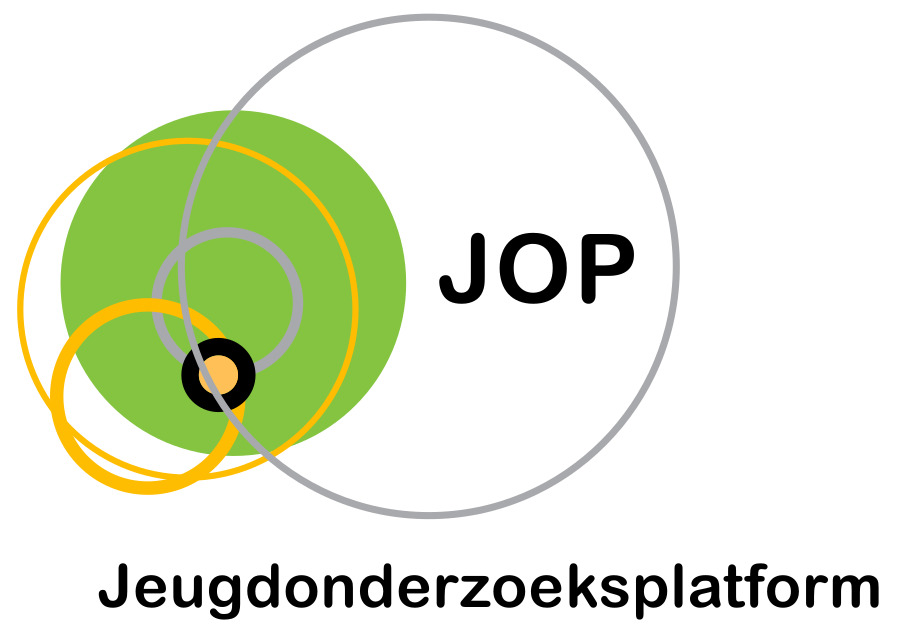Why are young adults willing to cooperate with the plice and comply with traffic laws? Examining the role of attitudes toward the police and the law, perceived deterrence and personal morality.
Auteurs
Van Damme, A., & Pauwels, L. (2016).

Abstract
De vraag waarom mensen zich aan de wet willen houden en meewerken met de politie heeft de laatste aantal jaren meer aandacht gekregen. Volgens het procedurele rechtvaardigheidsmodel is dit het gevolg van het feit dat als burgers erop vertrouwt dat de politie hun eerlijk en fair behandelt, ze de politie zullen zien als een legitiem instituut dat respect en gehoorzaamheid verdient. De perceptie dat de politie legitiem is, is nodig zodat de politie autoriteit kan uitoefenen en burgers de wet volgen en meewerken met de politie. Deze studie tracht een uitgebreide versie van het procedurele rechtsvaardigheidsmodel te testen. De meerwaarde van deze studie is, ten eerste, dat het verschillende intermediaire mechanisme in rekening brengt die invloed kunnen uitoefenen om de relatie tussen de perceptie van procedurele eerlijkheid en de effectiviteit van de politie, en de gehoorzaamheid aan de wet en de bereidwilligheid om mee te werken met de politie. Meer specifiek, de ervaren legitimiteit van de wet en wettelijk cynisme zijn toegevoegd als intermediaire variabelen aan het model. Ten tweede is het model aangepast voor gehoorzaamheid aan de verkeersregelgeving. Twee alternatieve paden worden daarenboven in meer detail onderzocht. Op deze manier gaan we na wat de rol van ervaren afschrikking en persoonlijke moraliteit is in de verklaring van de bereidwilligheid van jongvolwassenen om zich aan de verkeerswetten te houden en mee te werken met de politie. De test werd uitgevoerd via path modellen, op basis van een grootschalige studentenbevraging (N = 1659). De resultaten tonen, langs de ene kant, aan dat procedurele eerlijkheid een effect heeft op de resultaat-variabelen via verschillende wegen, namelijk via ervaren legitimiteit van de politie, ervaren legitimiteit van de wet en cynisme over de wet. Langs de andere kant was het verklarend vermogen van het model klein.
The question why people are willing to comply with the law and to cooperate with the police has received more attention the past several years. According to the procedural justice model this is caused by the fact that when civilians trust the police to treat them honestly and fairly, they will perceive the police as a legitimate institution that deserves respect and obedience. The perception that the police is legitimate is necessary so the police can enforce authority and civilians will be willing to comply with the law and to cooperate with the police. This study attempts to test an expanded version of the procedural justice model. The added value of this study is, firstly, that it takes into account several intermediary mechanisms that might influence the relations between perceptions about the procedural justice and effectiveness of the police, and the compliance with the law and the willingness to cooperate with the police. More specifically, the perceived legitimacy of the law and legal cynicism are added as intermediary variables to the model. Secondly the model is adapted for compliance with traffic laws. Two alternative paths are examined more closely as well, this way we verify what role perceived deterrence and personal morality play in the explanation of the willingness of young adults to comply with traffic laws and cooperate with the police. The test was executed according to path models with the aid of a large-scale student survey (N = 1659). On the one hand, the results show that procedural justice has an effect on the result variables through several pathways, i.e. through the perceived legitimacy of the police, the perceived legitimacy of the law and legal cynicism. On the other hand, the explanatory power of the model is limited. We wish to nuance the results by formulating several critical remarks.the ques
Referentie
Van Damme, A., & Pauwels, L. (2016). Why are young adults willing to cooperate with the plice and comply with traffic laws? Examining the role of attitudes toward the police and the law, perceived deterrence and personal morality. International Journal of Law, Crime and Justice, 46, 103-116
Taal
Engels
Publicatievorm
Tijdschriftartikel
ISBN – DOI
10.1016/j.ijlcj.2016.04.002
Trefwoord(en)
Wettigheid; procedurele rechtvaardigheid; wettelijk cynisme; samenwerking met de politie; gehoorzaamheid aan de wet
